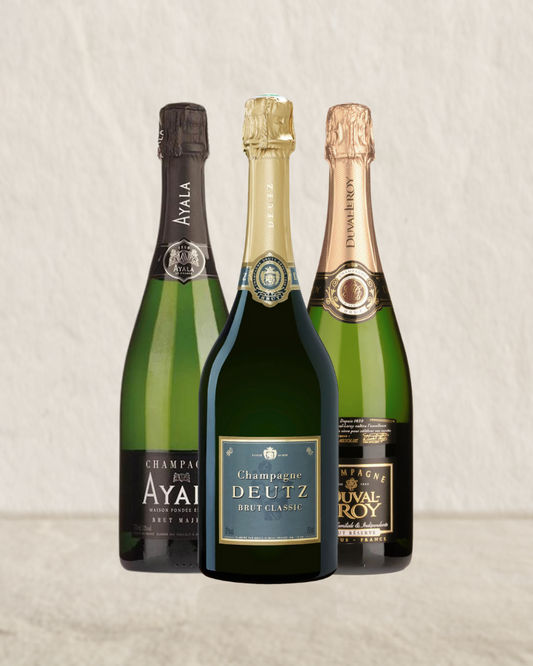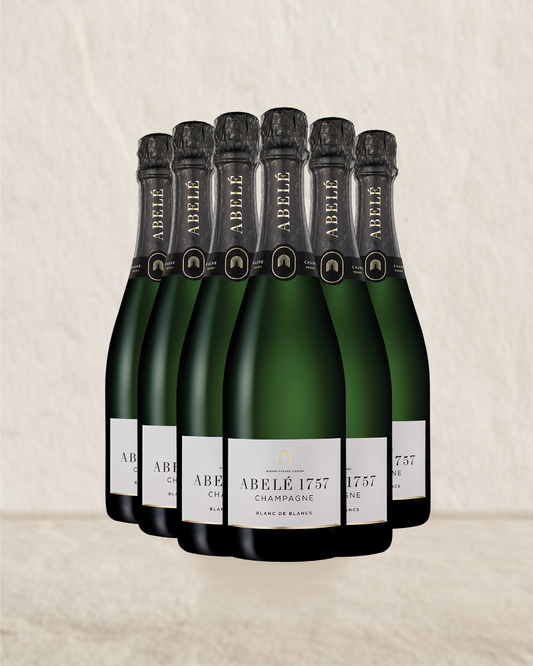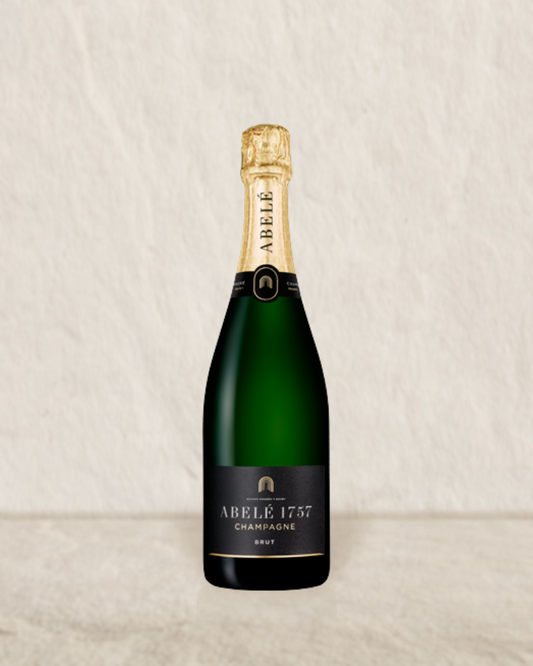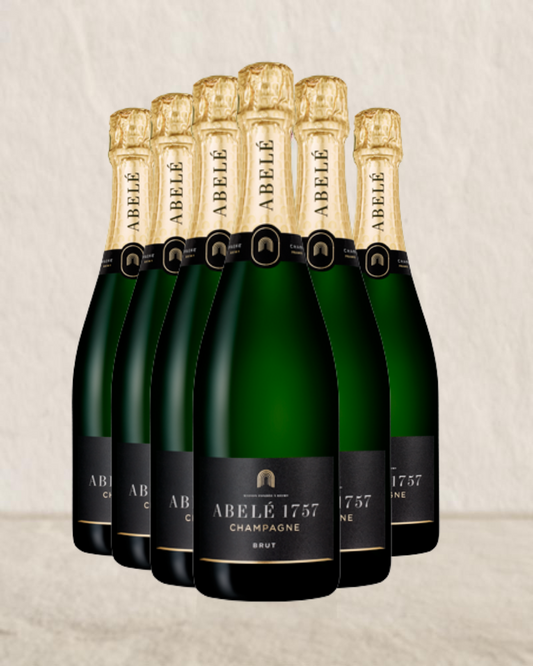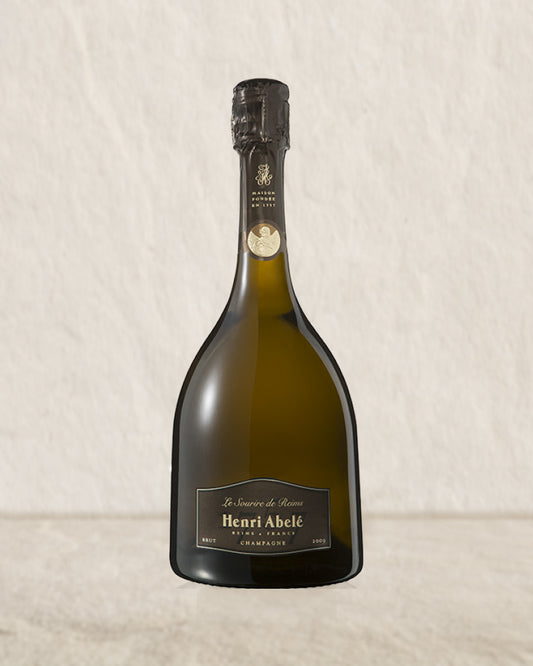(Comite Interprofessional du Vin de Champagne)
Champagne is one of the most structured, well organized and successful wine regions in the world. This is largely due to the work of the CIVC, who seek to harmonise the relationship between the growers and the houses and to manage their common interests. They are responsible for organizing and controlling production, technical research and development, and the distribution and promotion of the wines of Champagne. The role which gathers the most media attention is the defence of the appellation, and defending Champagne’s exclusive right to the use of the term ‘Champagne’. The importance of these ongoing roles has maintained the pre-eminence of the region, and the envy of others. The prosperity of the region over the past sixty years is due to the work of the CIVC, and they will be responsible for shaping and co-ordinating the Champenois dreams and visions for the future.
The CIVC was established in 1941 as a co-operative organization joining both growers and negociants with regulatory powers under he support of the French Government. Headed by the president of the Champagne growers and the head of the Champagne houses, they are assisted by the ‘Commision Consultive’ which comprises of six growers and six houses, they are the decision making body which handles all the issues that affect the two professions. Their duties are to oversee the work of several specialised committees, which are always made up of an equal number of growers and houses. Among the various tasks of the committees will be ongoing technical research and development, development of the Champagne market, and defence of the appellation.
The CIVC’s personnel and expenses are paid out of fees received from both the growers and houses, with also some government funds. The organization is therefore semi-official and semi-public.
Until 1990 the CIVC was responsible for setting the price for the grapes, with a 100% rated cru receiving 100% of set price and 90% cru receiving 90% of set price etc., with small annual adjustments possible based on variable economic elements gathered by the CIVC such as inflation, since that time it is now privately negotiated between the growers and the houses. The CIVC still intervenes to regulate the size of the harvest and whether any of it should be ‘blocked’. This system of blocage, is where a portion of the harvest will be retained as juice rather than vinified or sold. This special reserve of quality wines are set aside in good vintages with large harvests. These wines are kept back in case of a deficient harvest. In this case, the wines would have to be replenished with wines of quality from the following harvests, with the objective of maintaining a quality reserve equivalent to half a harvest at least. This system of blocage and deblocage will be fine tuned to allow all growers to better handle their future crops.The CIVC also provide viticultural services, including research laboratories and reference libraries, covering all aspects of the industry in general. It also instigates quality checks and studies regarding disease and pest control. A large proportion of the committees resources are channeled into technological research. The committee has experimental vineyards, winery and control laboratories that work in conjunction with the development staff from the co-ops and the bigger houses. Much work has been done with must improvement, development of flocculating and encapsulated yeasts, and vine improvements.
The CIVC has jurisdiction not only over the growers and houses, but all other professions involved with the industry. From vine nurseries, the producers of presses, barrels, and manufacturers of machinery used in the various stages, bottle and cork makers, even packaging and transport companies fall under their control. Defenders of the use of the term ‘Champagne’ the CIVC had a notable success in the English courts in 1959, where the name has achieved legal protection in most major markets, although not in the US. Australia seeking greater access into the E.U. markets agreed to phase out the term and has done so. The European Union has also awarded the Champenois the monopoly on the term ‘Methode Champenois’. The CIVC has had a number of legal battles against producers wishing to use the term ‘Champagne’ and not just in the production of wine. Yves St Laurent were ordered by the courts to cease trading their ‘Champagne’ perfume range amongst others.
The CIVC’s main duties may be organizing and controlling production, supervising the harvesting and distribution of grapes, and the defence and promotion of Champagne. However their most important role has been to keep a diligent, watchful eye over all aspects of Champagne, ensuring that we the consumers are guaranteed as near to perfection in our glasses every time.

